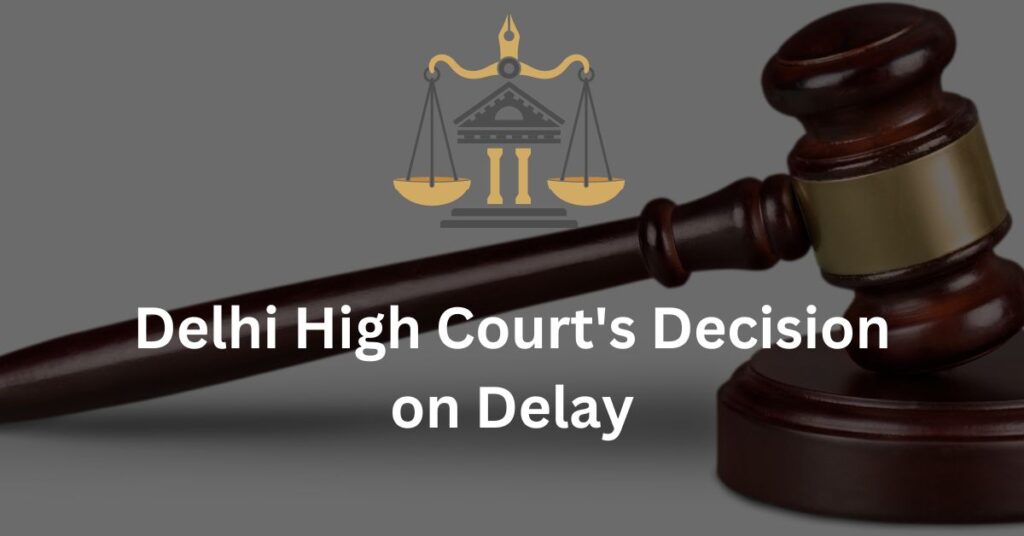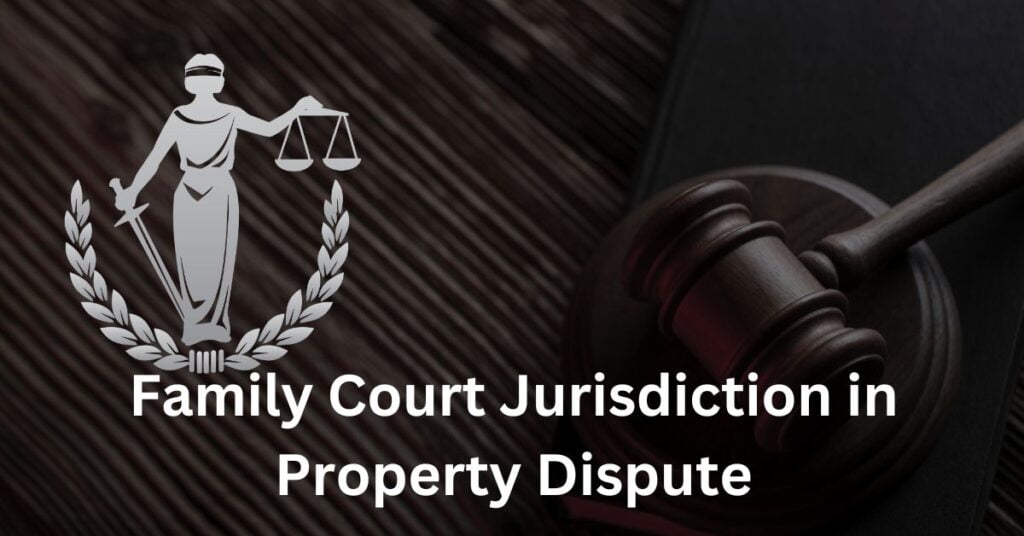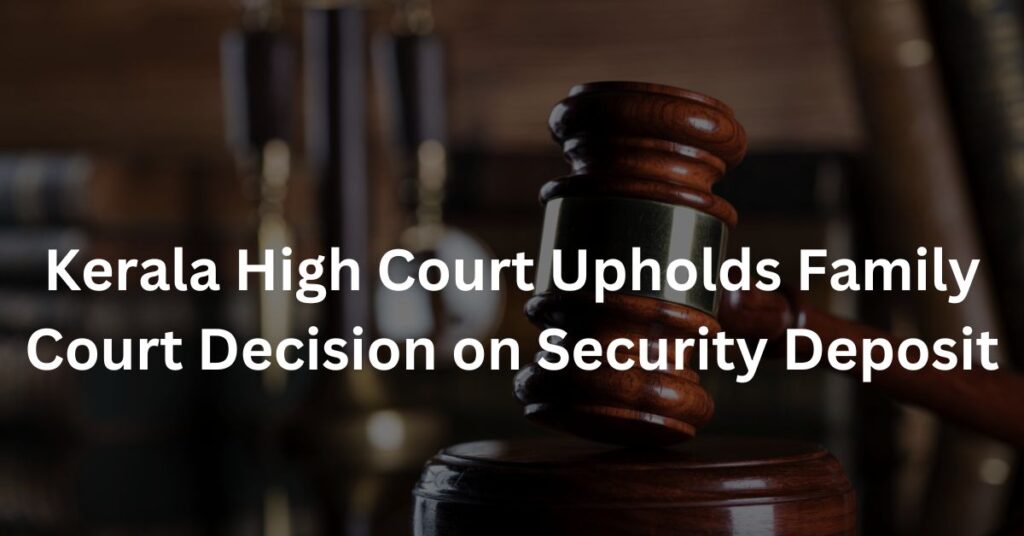In a recent judgment delivered on 30.11.2023, the Delhi High Court addressed the challenge to an order passed in a civil suit. The case, MAT.APP.(F.C.) 5/2021, involves a dispute between a husband and wife, where the husband sought an amendment to the written statement originally filed by him.
Table of Contents
ToggleBackground
The appellant-wife filed a civil suit, alleging a breach of terms in the Memorandum of Family Settlement and the Conciliation and Settlement Agreement, both dated in 2017. These agreements were meant to resolve disputes arising from the couple’s marriage and issues related to their children.
The Controversy
The key point of contention arose when the respondent-husband, in the written statement, admitted to the existence of the settlements but later sought an amendment. He wished to include circumstances leading to the execution of the agreements, alleging that they were made under undue influence, pressure, and coercion.

Judicial Analysis
The court, in its judgment, scrutinized the request for amendment. It highlighted the respondent’s previous submissions in other proceedings where similar contentions were dismissed. The court observed that allowing such an amendment would undermine the settlements already admitted by the respondent.
Referring to established legal principles, the court cited cases such as Modi Spg. & Wvg. Mills Co. Ltd. vs. Ladha Ram & Co. and Heeralal vs. Kalyan Mal, emphasizing that amendments should not alter or substitute new causes of action or negate admitted positions.
The judgment also pointed out that the respondent, having previously failed to challenge the settlements successfully, was estopped from raising the same issue again.
Implications for the Parties
This judgment reiterates the legal principle that amendments should not permit contradictory or inconsistent positions that would prejudice the opposing party. In this context, the court held that the proposed amendment, challenging the validity of admitted settlements, would unfairly affect the appellant’s legal rights.
Download Judgment
Click above to download this Judgment in the case titled MAT.APP.(F.C.) 5/2021. It can serve as a valuable resource for legal reference.


